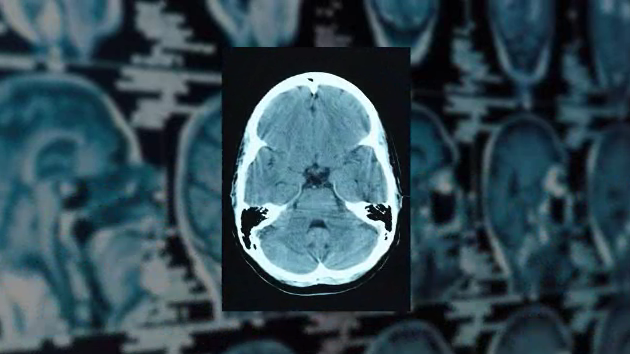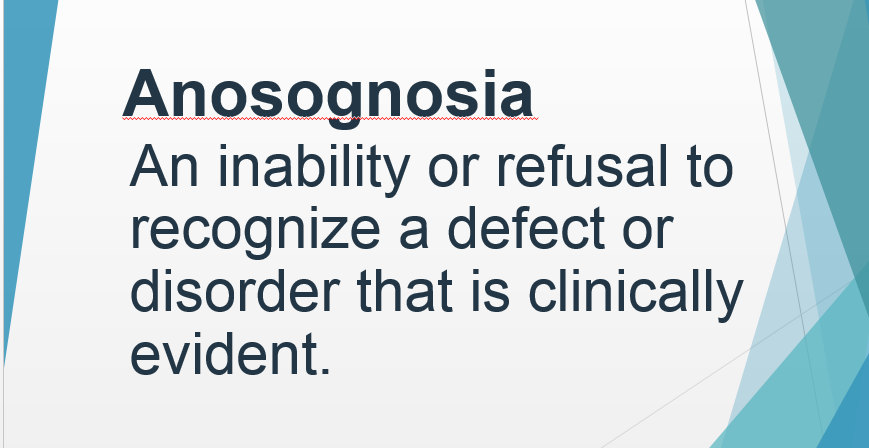
(3-20-18) A mother’s testimony to be delivered today (Wednesday) before a judge who will decide if her 22 year-old seriously mentally ill son will be hospitalized. This plea tells much about our broken system and, quite frankly, makes me angry. This letter is representative of what happens every week in our country. We’ve got to do better. Lives are being destroyed.)
Your honor,
In one of my hundreds of calls to crisis during the past three years, a clinician asked me, “What is it that you want?” My answer was clear:
I want my son to receive treatment in a safe environment, under the care of a qualified physician, with sophisticated medication management and therapy and enough time to determine whether the treatment is working.
The clinician laughed and said flatly, “You will never get that.”
Sadly, she has been correct.






There’s no controversy here. People with psychotic disorders sometimes don’t know they are suffering from a mental illness, and there really is nothing to argue about. And yet, the word “anosognosia”—meaning the patient is unable to see that he is ill—is a charged word.
Why is that? Let me talk a little about the history of this word and the political meaning it has taken on.
Anosognosia is a term that was coined in 1914 by a Hungarian neurologist named Joseph Babinsky. Babinsky noticed that sometimes after a stroke, people are unaware of their deficits. This is presumed to be a result of pathophysiologic changes in the brain, and not the psychological defense mechanism of denial. There is not a precise anatomical finding that predicts anosognosia: you can’t look a patient with anosognosia and say, “ah, the MRI will show a lesion in X area of the brain.” Though certainly, some deficits are more likely to include anosognosia than others.